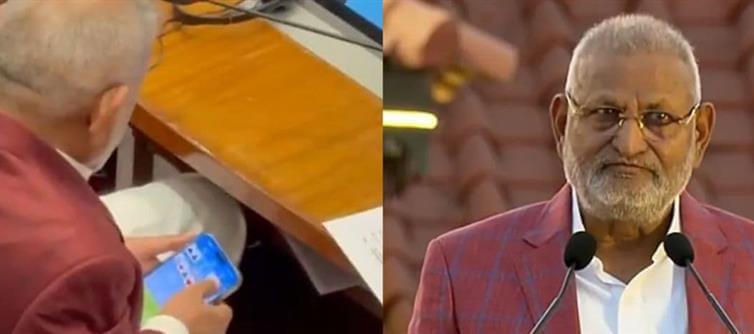
This alarming lack of structure reveals a deeper flaw in our democratic functioning. Unlike bureaucrats or professionals, ministers are not selected based on merit or subject expertise, but primarily on electoral success, political loyalty, or coalition arithmetic. While leadership qualities and political acumen are certainly important, they cannot substitute for the deep understanding and competence required to lead a complex ministry. The result is a form of “ministry hopping” that turns governance into a game of musical chairs, where policy continuity, expert leadership, and long-term vision often take a backseat to short-term political strategy. It’s not uncommon to see individuals with zero background in economics heading the finance ministry or those unfamiliar with healthcare infrastructure managing the nation's health during crises.
What’s even more concerning is the normalization of incompetence and even criminality in politics. In many cases, a pending criminal case is not a disqualifier but seems to be brushed off as a badge of political toughness. Confidence, charisma, and connections often outweigh competence, ethics, or vision. The absence of mandatory training or subject-specific qualifications for ministers leads to decisions based on impulse or advice from unelected aides, rather than informed leadership. Until india introduces basic eligibility standards and training modules for those entrusted with ministries, we risk continuing this model of “Lucky Draw Governance”—where the fate of critical national sectors depends more on political fortune than capability.




 click and follow Indiaherald WhatsApp channel
click and follow Indiaherald WhatsApp channel